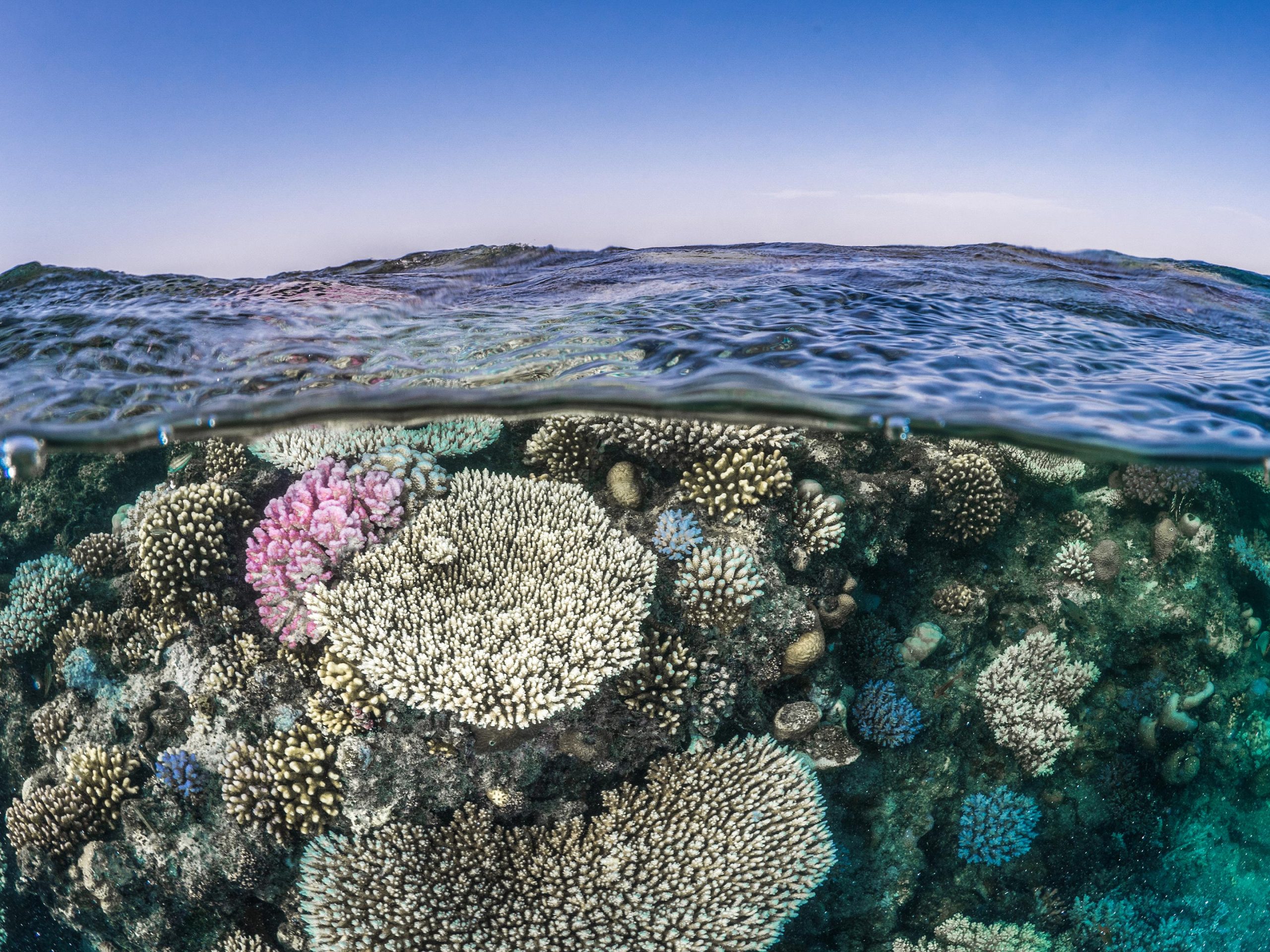A unique stress experiment brought the deoxygenation stress to the natural night-day cycle of the normal corals that form reefs from the Great Barrier Reef. Photo credit: Morgan Bennett-Smith
Ocean deoxygenation is now recognized as a major threat to the future survival of the global coral reef.
Oxygen is life in or out of the water, which raises concerns that sinking oxygen stores in the oceans put additional strain on the already endangered coral reef ecosystems. While the dual effects of ocean warming and acidification have been well studied, there has been limited understanding of how the growing threat of ocean deoxygenation can affect the ability of corals to function and ultimately form reefs.
A unique deoxygenation-reoxygenation stress experiment has given researchers at the University of Technology Sydney (UTS), the University of Konstanz, and the University of Copenhagen insight into how corals deal with deoxygenation stress and the key genes likely to lead to different levels of stress susceptibility that are common leads to coral bleaching.
The study, published in Global Change Biology discovered that corals, like other animals and humans, have a similar, refined response to low oxygen levels or hypoxia. The response is often activated during deoxygenated exercise and cancer growth in humans
“Ocean deoxygenation is potentially a bigger and more immediate threat to coral reef survival than ocean warming and acidification,” said lead author and UTS PhD student Rachel Alderdice.
“Coral reefs are increasingly exposed to low-oxygen events due to climate change and local pollution, often caused by nutrient runoff.
“The extent to which corals are at risk from future ocean background declines in oxygen depends on their hypoxia detection and response systems. To be able to identify that gene response system, it is significant and exciting,” said Alderdice of UTS Climate Change Cluster (C3) Future Reefs Research Program said.
The unique stress experiment brought the deoxygenation stress to the natural night-day cycle of the usual reef building corals from the Great Barrier Reef. Transcriptomically RNA The sequencing revealed the key genes expressed that help Keystone species such as Acropora tenuis to respond to and tolerate low oxygen levels.
However, research also found that not all corals appeared to be equally sensitive to hypoxia.
“We found that the bleached corals had a delayed, less effective programming of their hypoxia-response gene system than the non-bleached corals. The differences in the programming skills for this key gene system can be of fundamental importance in order to understand what determines the ability of corals to tolerate environmental stress – and ultimately how the future of coral reefs can be predicted more precisely, ”said the University of Konstanz and the head of the department Author Dr. Christian Voolstra said
The researchers say that identifying such stress common switch gene repertoires could provide a new means of identifying genes of interest for novel diagnoses for improved reef coral management or as a target for selective “reef restoration” breeding efforts to increase corals conduct stress resistance.
Co-author Associate Professor David Suggett, director of the UTS C3 Future Reefs Research Program, said, “One of the fundamental concerns we have right now is whether corals and reefs are already feeling the effects of sublethal oxygen stress. We have been so busy uncovering the effects of ocean warming and acidification that we have forgotten about oxygen removal despite its life sustaining role and that oxygen is a property of the ocean that we can measure well. ”
“This work confirms our latest analysis that the continued deoxygenation of the oceans will play a critical role in shaping the future of our reefs and another reason to urgently address climate change,” he said.
Reference: November 16, 2020, Global Change Biology.



